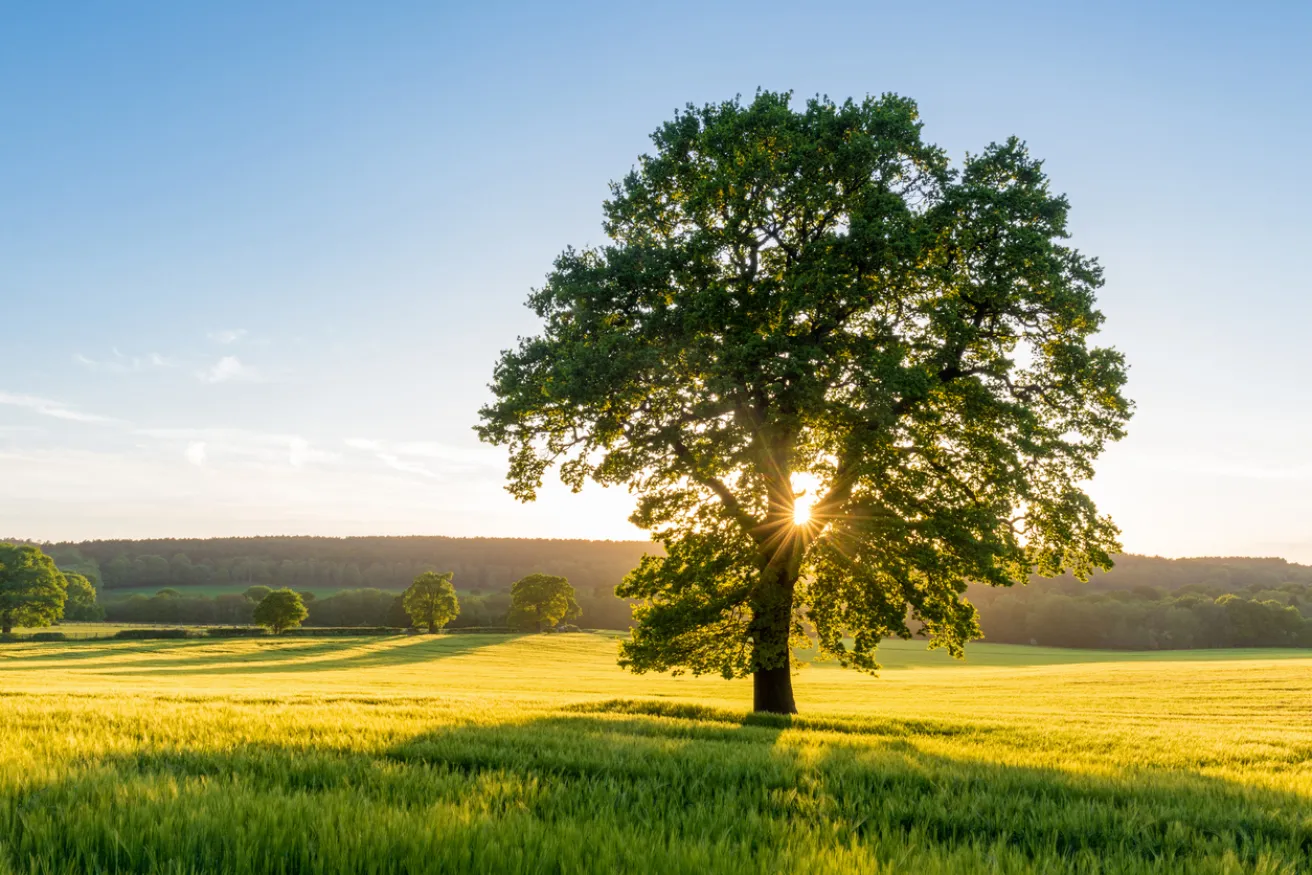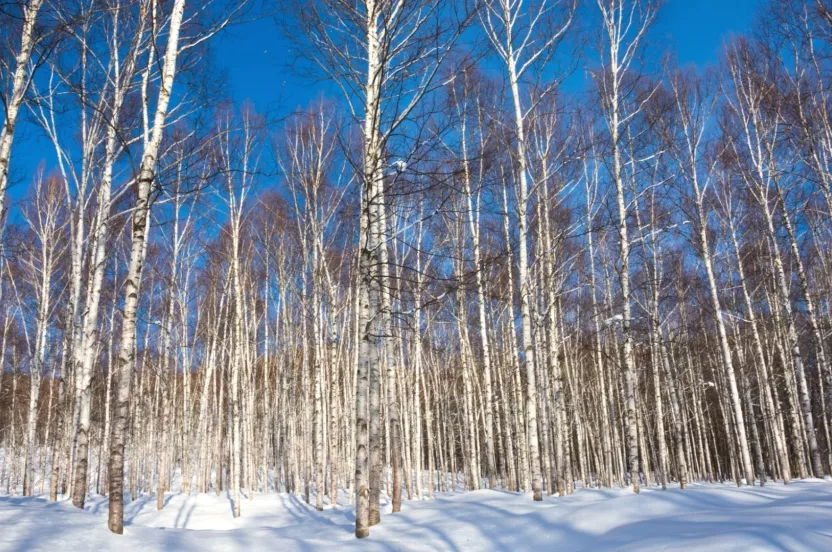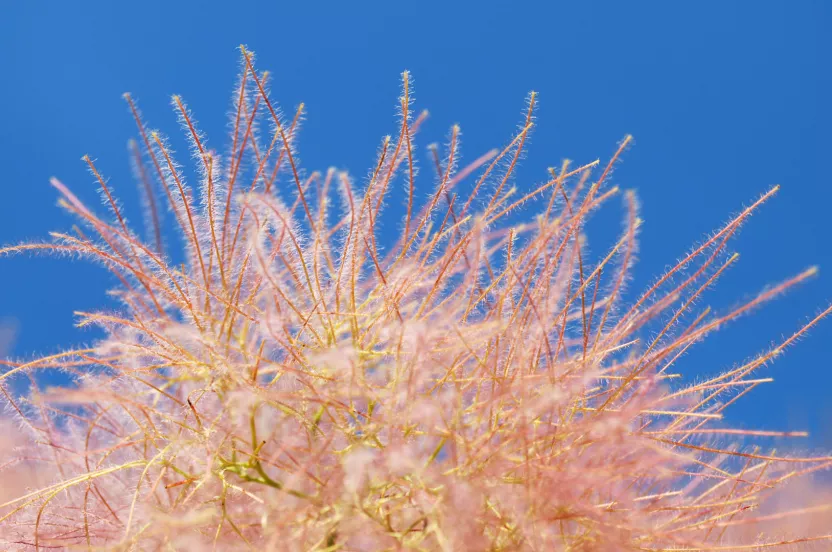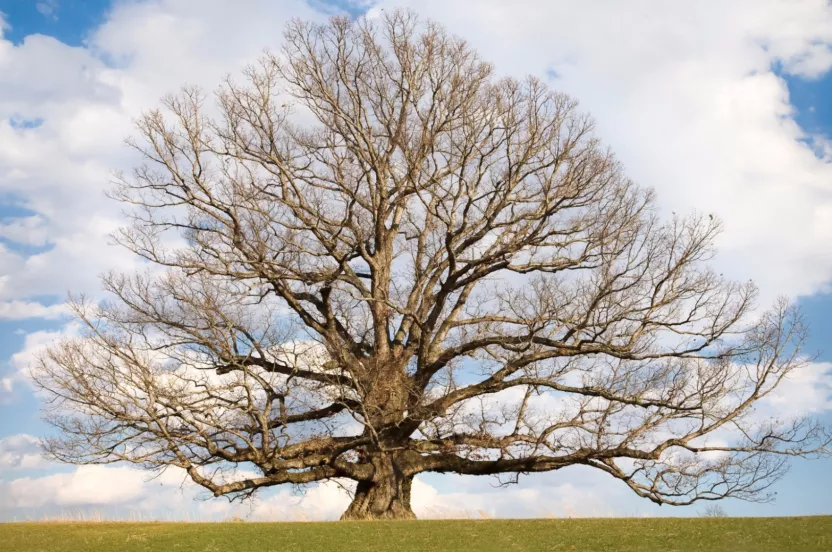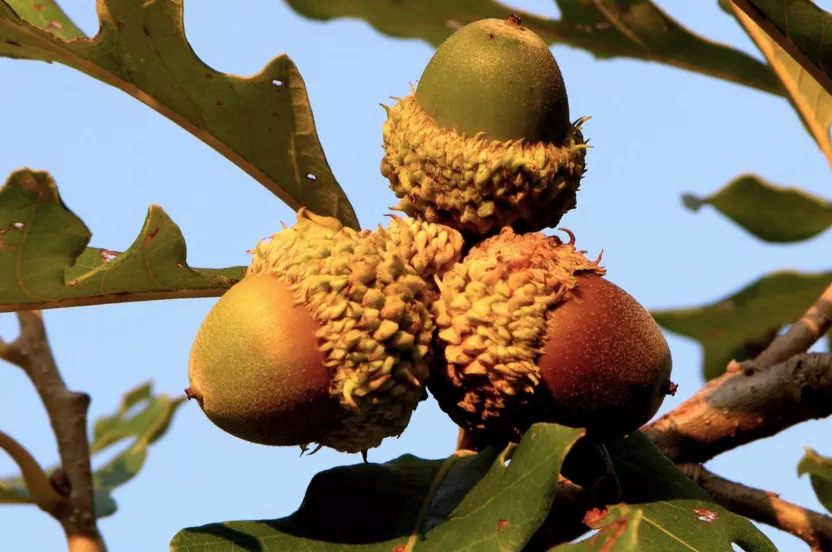The Arbor Day Foundation is pledging 10 million trees to areas impacted by hurricanes Helene, Milton Help us replant
Choosing the Right Tree in the Right Place can be a daunting task. Should I plant a fruit tree or flowering? Will it be fast growing or slow? Will it even grow in my zone?
There are numerous factors to consider with each tree. Here are a few more things to note if you’re flirting with the idea of adding a sycamore tree to the family.
- There are 10 species of sycamore, most of them sharing similar characteristics.
- Sycamore trees are majestic in nature, averaging 40-100 feet in height and spreading 40-70 feet in width.
- They are fast growing, growing more than two feet a year.
- With its natural inclination to establish a sturdy trunk, it tends to have an aggressive root system, so be prepared to plant your sycamore at least 15 feet from your house or sidewalk. Planting it too close to surrounding structures not only threatens the tree’s health, but you also risk spending a bunch of money repairing any damage it may do to your home’s water lines, foundation, or driveway.
- Some sycamores develop multiple trunks.
- These trees are nicknamed “buttonball” trees because of the 1-inch balls that hang from the tree. These dry, hairy fruits hang in groups of 2-7 and encase small seeds. Their fruits will also drop in the fall.
- Sycamores are among the oldest species of trees on Earth, known for their longevity and hardiness.
Sycamore trees can add character to your landscape, with their ashy white bark and lush green foliage. They also house food and nesting sites for birds including red-tailed hawks, woodpeckers, and hummingbirds.

